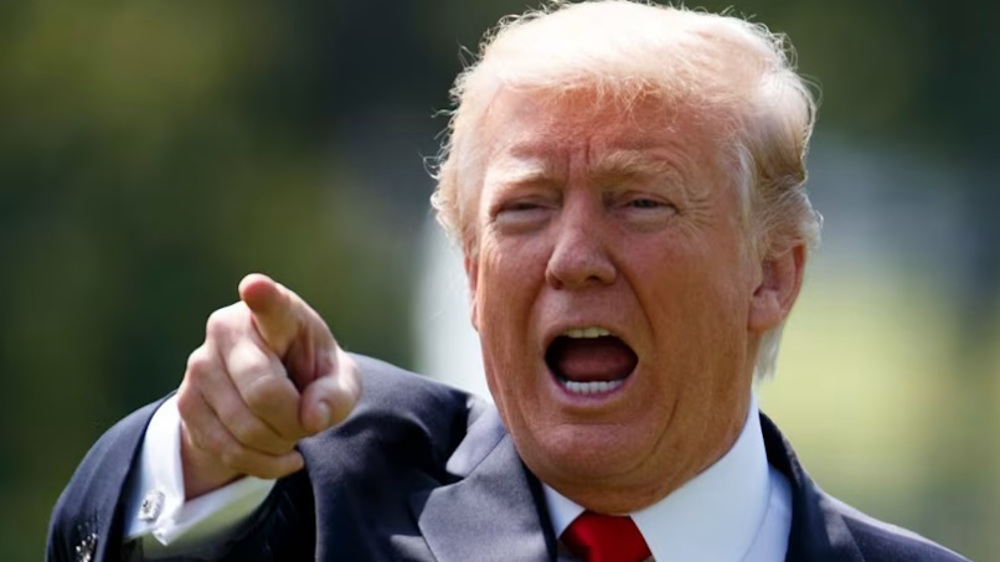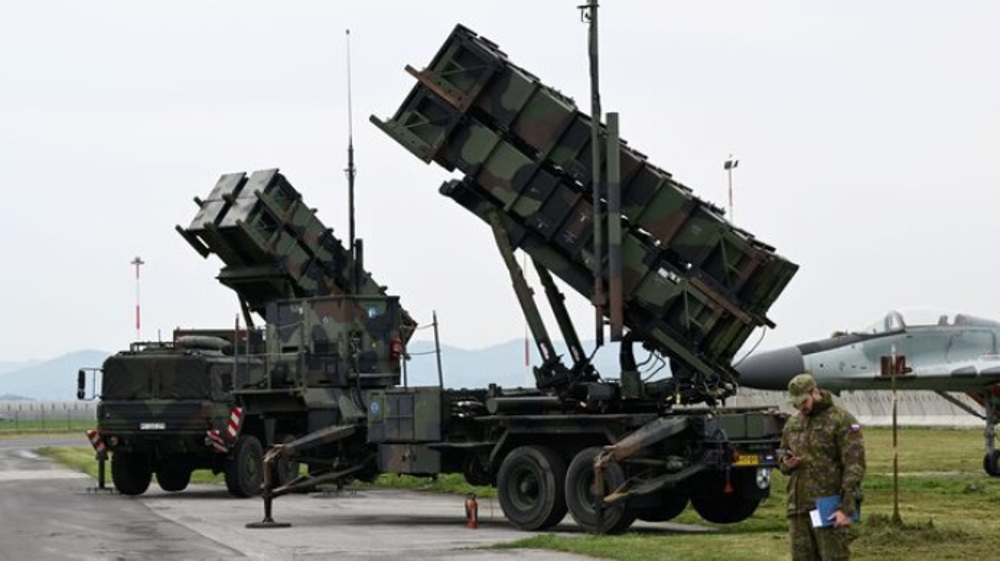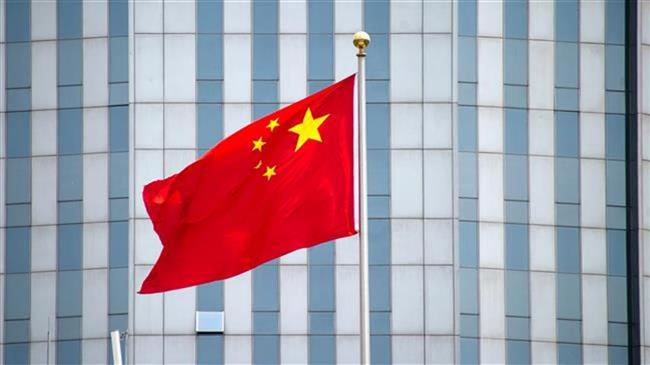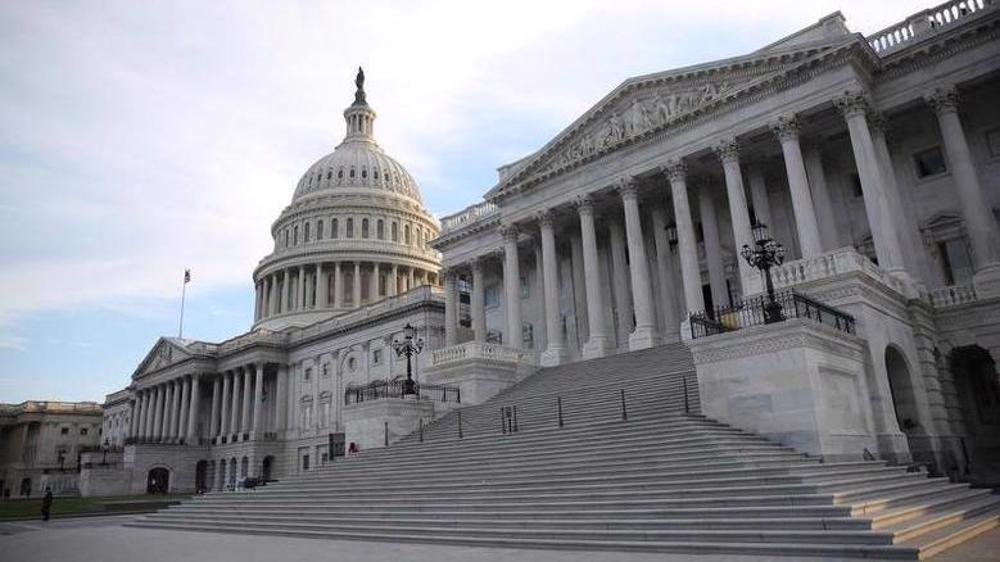Top US general warns of China’s rising military might
Head of the US Joint Chiefs of Staff Army General Mark Milley has warned of China's expanding military capabilities, insisting on the need to adopt measures to ensure competitive advantage of American armed forces.
"We must ensure that we retain our competitive and technological edge," Milley said on Thursday in remarks before a hearing held by US Senate Committee on Armed Services.
Milley said the Chinese military has been building its capabilities at "a very serious and sustained rate."
Washington has placed countering Beijing at the core of its national security policy for the past several years, with both countries remaining locked in rows over issues from trade and Taiwan to China's growing military power.
US President Joe Biden and his Secretary of Defense Lloyd Austin have raised identical concerns about China's growing military might and influence throughout the globe.
Earlier this week, Chinese parliamentary Committee on Foreign Affairs Foreign slammed US efforts to portray China as “an imaginary enemy.”
"At a time when the world is entering a period of turbulence and change, the practice of treating China as an 'imaginary enemy' at every turn is against the general trend of the world, unpopular around the world and doomed to fail," the committee said.
China’s legislators accused their American counterparts of "paranoid delusion" after the US Senate approved an extensive industrial policy bill purportedly aimed at thwarting the Chinese economic threat.
The legislative statement criticized the US Senate bill as an attempt to interfere in China’s internal affairs and deprive it of its "legitimate right to development through technology and economic decoupling."
While the hawkish Republican lawmakers and former president Donald Trump have persistently slammed Biden for being “weak” against China, the new US administration has mostly continued the same policies of the previous president.
Bident signed an executive order last week to enhance and extend a Trump-era ban on investments with certain Chinese companies tied to the East Asian nation's military-industrial complex and surveillance industry.
The blacklist includes 59 Chinese companies, barring US-based individuals or companies from engaging in business with them.
The US president claimed in February that China would "eat our lunch" if the US did not step up investment.
Somaliland ready to give US access to its minerals, military bases: Minister
VIDEO | Iran's game changing retaliation boxes- part 1
VIDEO | Iran's game changing retaliation boxes- Part 2
VIDEO | Palestinian widow raises three kids in Gaza as her husband killed by Israel
Palestinian teen killed as raids and settler violence intensify across West Bank
Iran’s layered arsenal primed to deter – and decimate – US warships in Persian Gulf
Iranian commander dismisses US military buildup in West Asia as ‘theatrical gesture’
Trump ‘curious’ why Iran hasn’t ‘capitulated’ despite massive US military buildup: Witkoff














 This makes it easy to access the Press TV website
This makes it easy to access the Press TV website